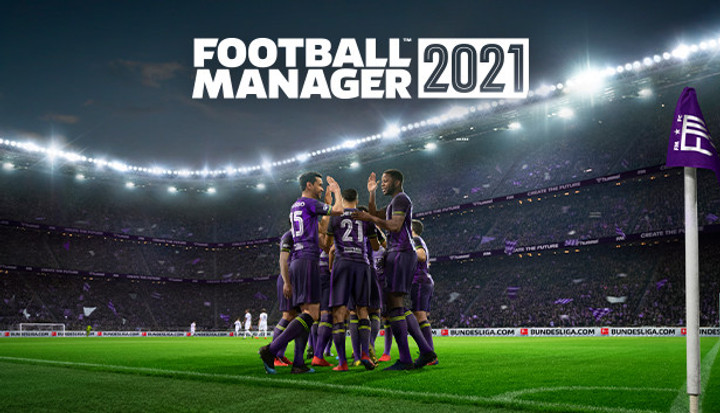Of all the games to acquire a worldwide following and a dedicated fandom with a span across decades, you perhaps wouldn’t expect a series about the nuts and bolts of operating a football club to achieve such runaway success.
There’s no thrill of executing a skill move or scoring a huge kill, and those who call it a glorified spreadsheet simulator are actually pretty close to the truth. And yet, this is the game which spawns popular stand-up acts, with such a humongous and relevant dataset that real teams use to inform their scouting decisions.
In terms of depth, there’s nothing quite like it on the market – while one of the top football teams has 40 scouts available to them, Sports Interactive has around 1300 at their disposal. No wonder Football Manager is a special experience.
Every decision counts, goes the tagline of the series, and it’s an apt one. For avid FIFA fans, it might seem like an odd selling point to relinquish control of the most important aspect of the gameplay experience: actually playing the game. However, that brings a surprising amount of realism to the stories the game ends up telling to you.
No longer is it possible to carry a tiny club to the Champions League finals through sheer will and button-mashing: it’s a long process with a myriad little detours along the way.
So what makes Football Manager such a tantalizing and addictive franchise? It’s a fantastic fit with the sport it aims to emulate (not to mention the fanbase behind it), with enough depth to generate a never-ending stream of stories across a variety of spectrums.
Football Manager is still as popular as ever (Picture: Sports Interactive)
The sheer scale of the experience brings in other facets of management into the equation which you can normally ignore in a game like FIFA. Long-term saves will see your top players get old and retire, forcing you to bring a new generation into the spotlight. Since you can’t rely on your own individual skills to single-handedly decide the matches, the tactics you use will depend on the personnel you have available.
This, in turn, means that you’ll end up with unique gameplay states no matter which club you choose, which isn’t necessarily the case in sporting titles where you have direct control over the action on the pitch.
In many ways, this reflects the free-form nature of grand strategy titles, where you don’t have a definite set of goals to aim for, just general guidelines for the different nations you can choose from. Though an expert player can pretty much conquer the world no matter the start – both in Football Manager and a game like Europa Universalis – the mere mortals among us get to experience very different environments depending on where we set up our tent.
A team slated for a relegation battle in real life will likely end up in the same situation in the game. Building them up into giants will take time: there is no shortcut, barring the copious use of the in-game editor, which is anathema to most Football Manager players.
There’s a reason why no other management game franchise has this kind of an obsessive following. In part, of course, it’s due to the popularity of football around the world as a whole, but the factors outlined above promote long-term commitment to both the game and the franchise.
The obsessive little details and overwhelming amount of stats truly serve to differentiate between the players at your disposal and the clubs you pick to manage. How’s your background staff? Do you have a supportive owner? Is there an injury crisis, a rampant rival, fixture congestion, failing tactics, a mutinous squad, financial woes, a star player angling for a move to a better team? There are always more plates to juggle than what you’re comfortable with, ensuring the game doesn’t become a cakewalk.
If you’re battling relegation, every win counts. If you’re fighting for the title, well, every win counts. There’s always someone breathing down your neck and a potential crisis lurking around every corner.
It gives you just enough control over the proceedings to truly feel smart after a surprise win, but not quite so much to be able to regularly grind out nonsense results without building up the club first. This is a surprisingly difficult balance to strike – just look at games like Motorsport Manager which don’t come anywhere close to the mark.
Sprinkle this formula with the spice of the never-ending storylines from the world of football – including the dedicated fandom, the breathless news coverage and the oft-scrutinized managerial decisions – and you’ve got a cocktail which served Sports Interactive well for over fifteen years now.
They know it, too: there’s a reason why they’ve included an “addictedness rating” in later iterations, a nod to the fact that once you start playing Football Manager, you won’t be stopping anytime soon.

 No ads, our video library,
No ads, our video library,


